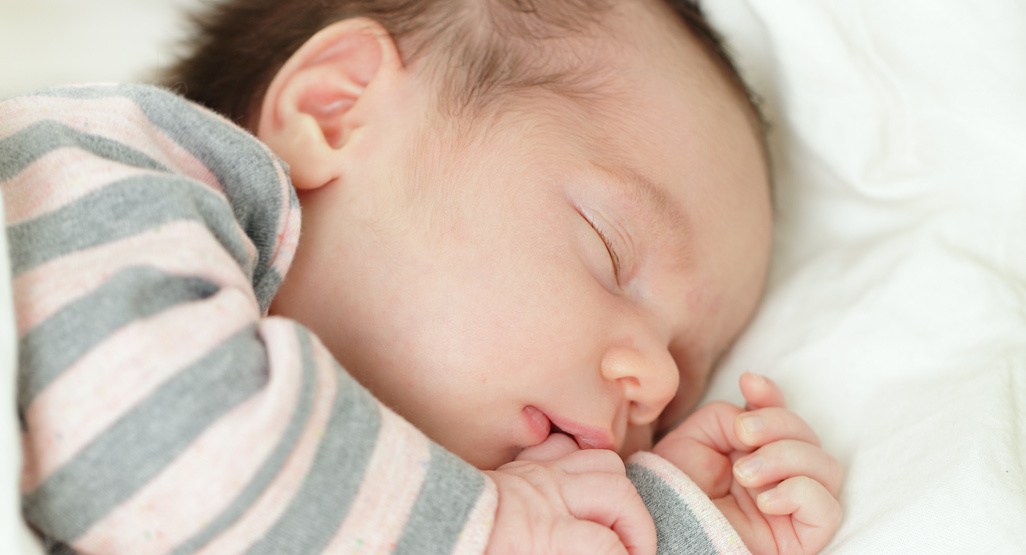Taking care of a newborn is like a roller coaster ride! Just when you’re starting to get a hang of the feeding and sleeping patterns, your baby can do a 360-turn and become this tiny being who’s hungry and irritable all the time, and puts up a fight during nap time.
But there’s no reason to get anxious just yet – your little one is just probably having an episode of baby growth spurts.
According to health professionals, a baby’s growth during the first year progresses rapidly. In the first six months, the average baby grows up to one inch every month and gains two to three kg every week. Babies double their birth weight by the five-month mark and triple in weight by their first birthday.
On the other hand, growth spurts are short periods of time when baby piles on the weight and puts on the inches – and all this quick growth is making your little one hungry and tired all the time.
Read also: Baby’s First Food: Healthy Weaning Recipes to Start off With
When Do Baby Growth Spurts Happen?
While every baby grows differently, there is a growth spurt timeline that newborns tend to follow.
The first spurt usually happens around 7 to 10 days after birth, which is around the time when mum’s milk supply is established and baby is starting to put on weight. The next one happens between 3 and 6 weeks. After that, baby growth spurts can be expected at 3, 6 and 9 months.
You may be relieved to know that baby growth spurts happen quite quickly, around two to three days. Sometimes, you may not even realise that your baby is experiencing one as these tend to follow a natural growth pattern.
Signs of Baby Growth Spurts
Baby growth spurts may come fast and furious, but there are some signs that you can keep a lookout for.
These differ in babies but you’ll know when your baby’s growth is going on overdrive when your baby shows:
Increased Hunger
Your baby seems to be feeding around the clock, whether he/she is latching onto the breast or that he/she feels dissatisfied after a full bottle feed.
Restless Sleep
Your champion sleeper seems to be waking at all hours of the night. He/she may seem more restless than usual and is demanding to be fed.
Increased Fussiness
Your baby is particularly irritable during the day, which is probably caused by his/her restless sleep patterns.
How to Deal with Baby Growth Spurt Symptoms
So, what do you do when you realise that your baby is having a growth spurt?
Health experts recommend that mother don’t solve their baby’s cries with extra feeds, especially in the middle of the night. Soothing with food can lead to overfeeding and at this stage, it is important to ensure that baby gets all the rest he/she can get.
Some suggestions to soothe a baby who’s going through a growth spurt include changing the diaper, re-swaddling baby, putting on white noise or soft, calming music to lull him/her to sleep. It is possible to try these alternatives to get baby to settle down without feeding when he/she is not showing any hunger cues.
Read also: Should You Give Your Breastfed Baby The Pacifier?
Is Your Baby’s Growth on Track?
You can keep track of your baby’s growth by monitoring for wet diapers and keeping tabs on his/her weight, which shows that he/she is growing well. If in doubt, the growth chart in your child’s health booklet is a good reference point to help you keep a close watch on your little one’s growth.
If you have questions or concerns about baby growth spurts, do bring these up with your baby’s paediatrician who would be able to do a detailed assessment and advise you accordingly.
























